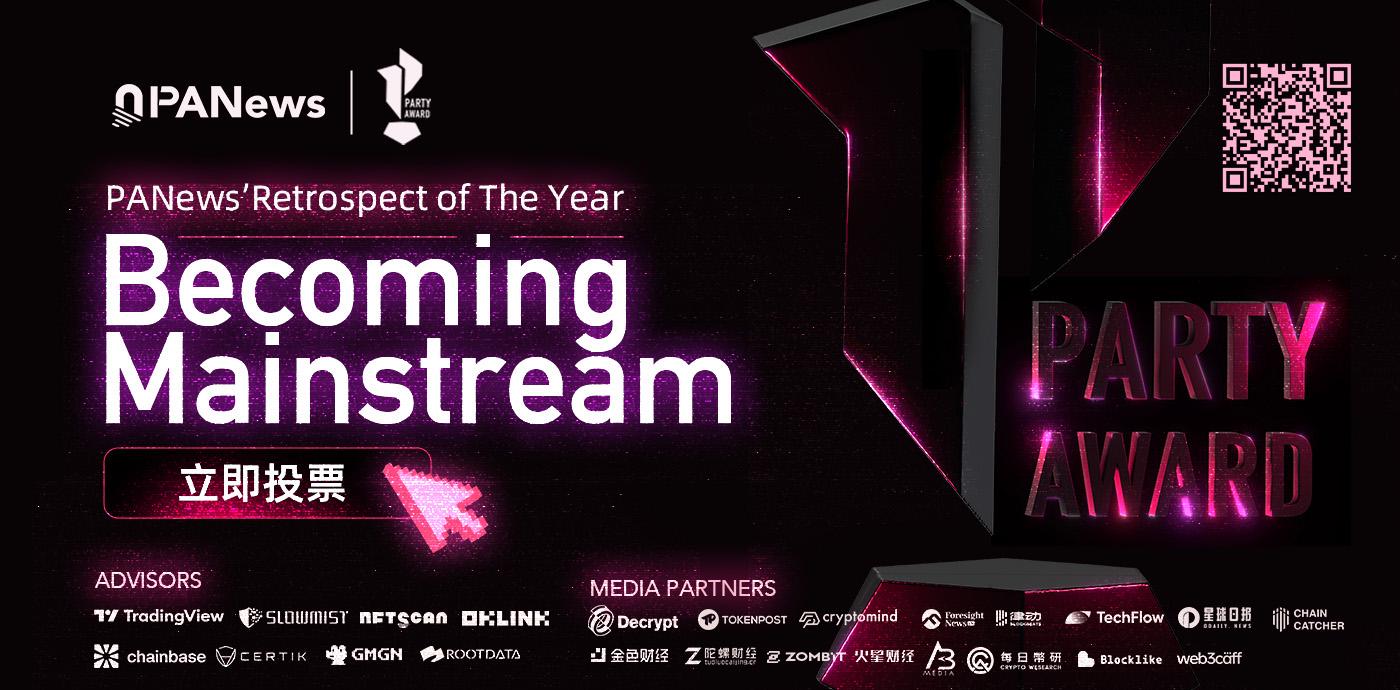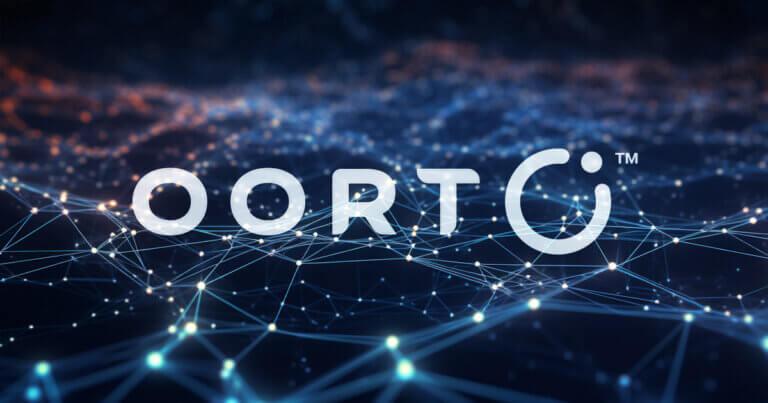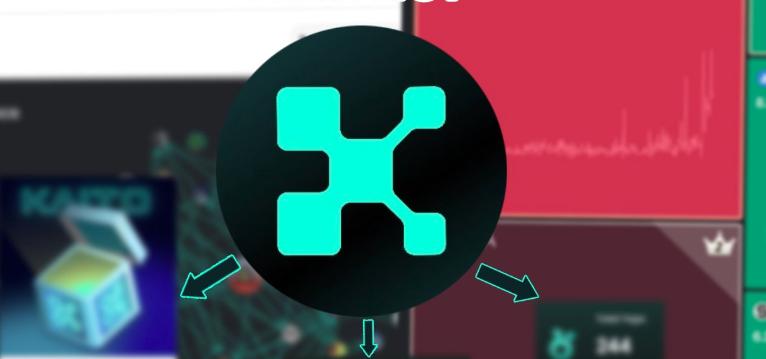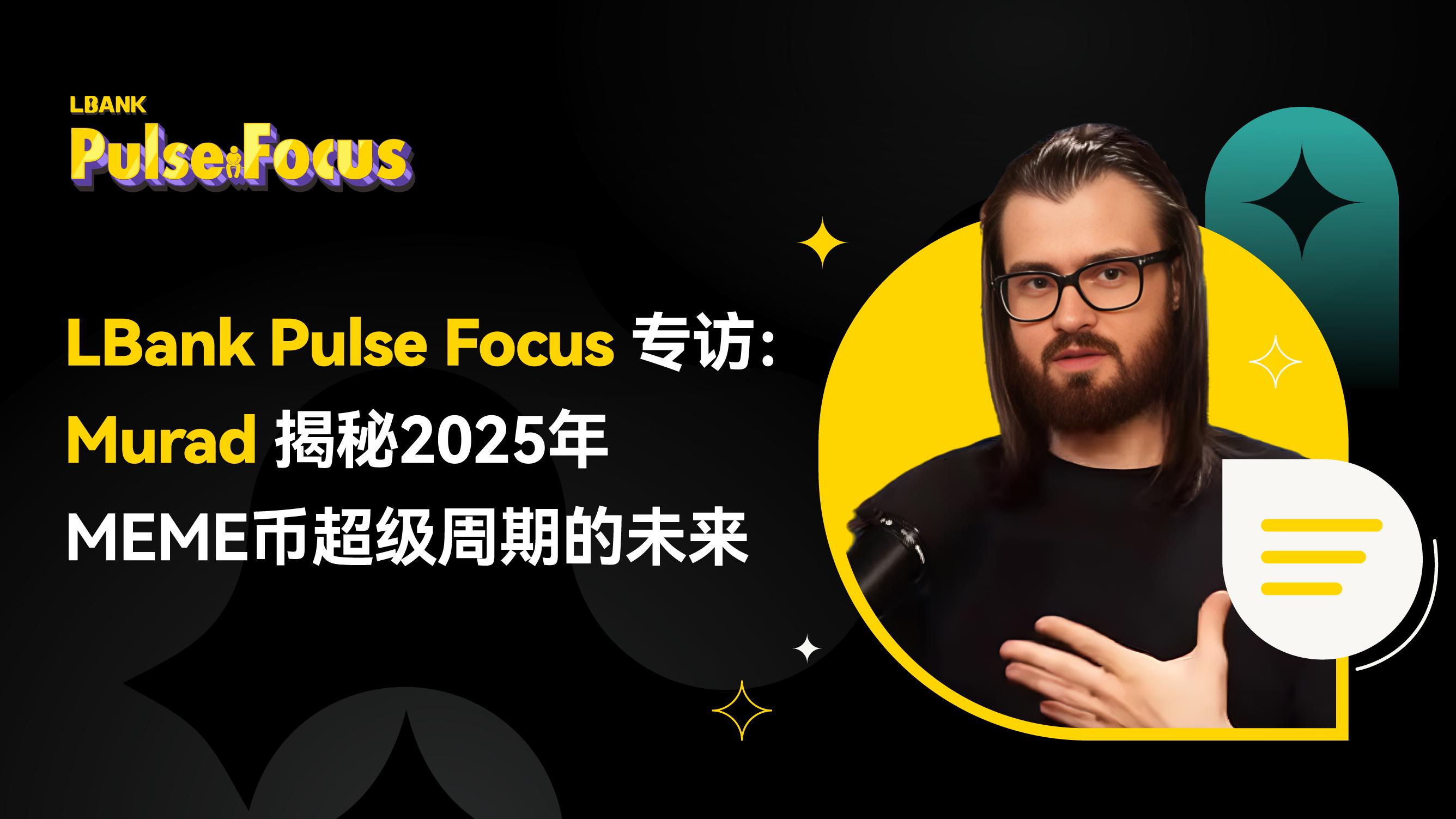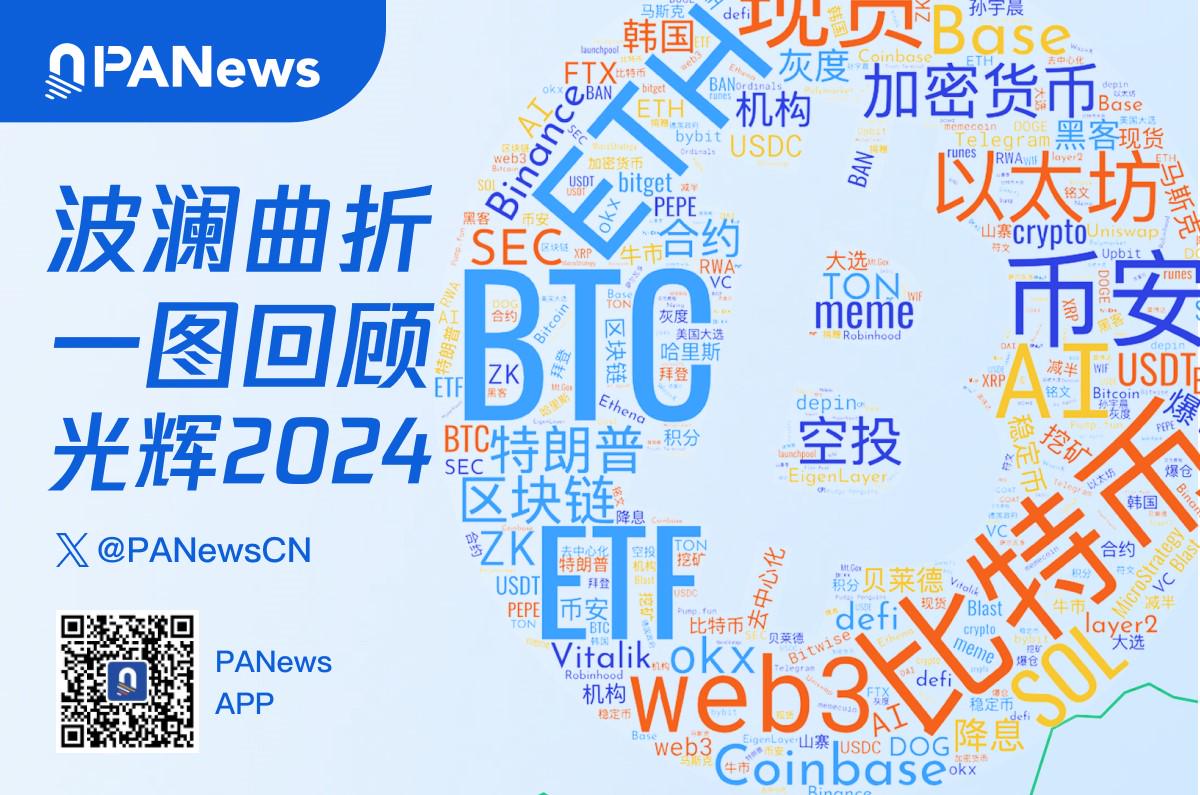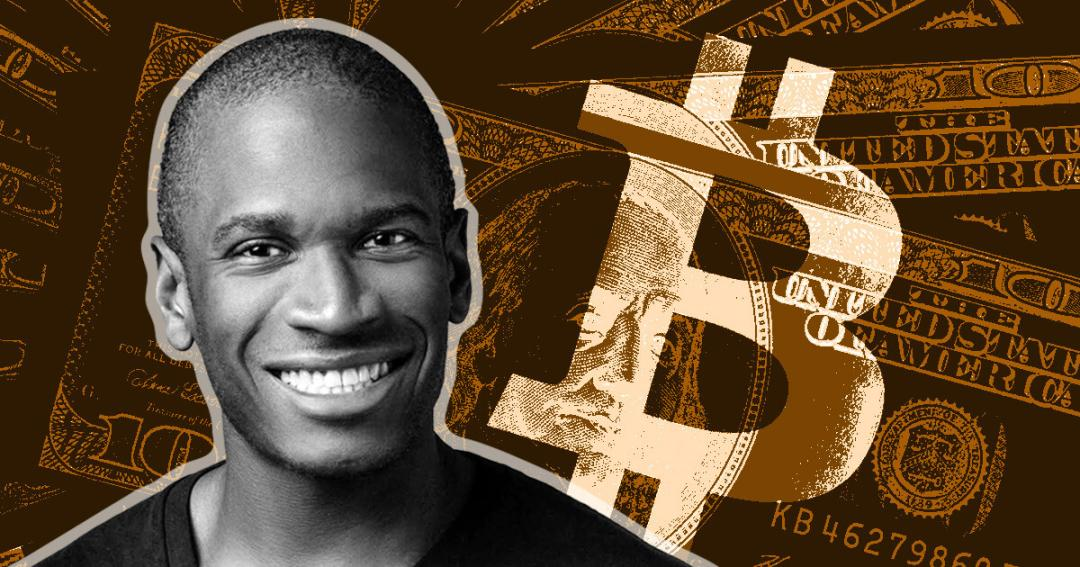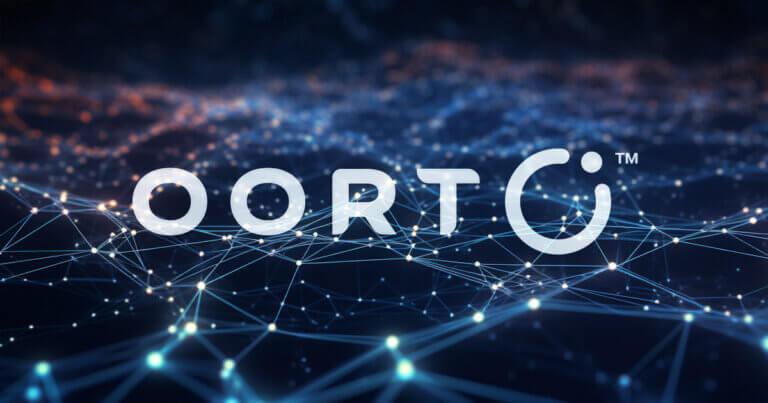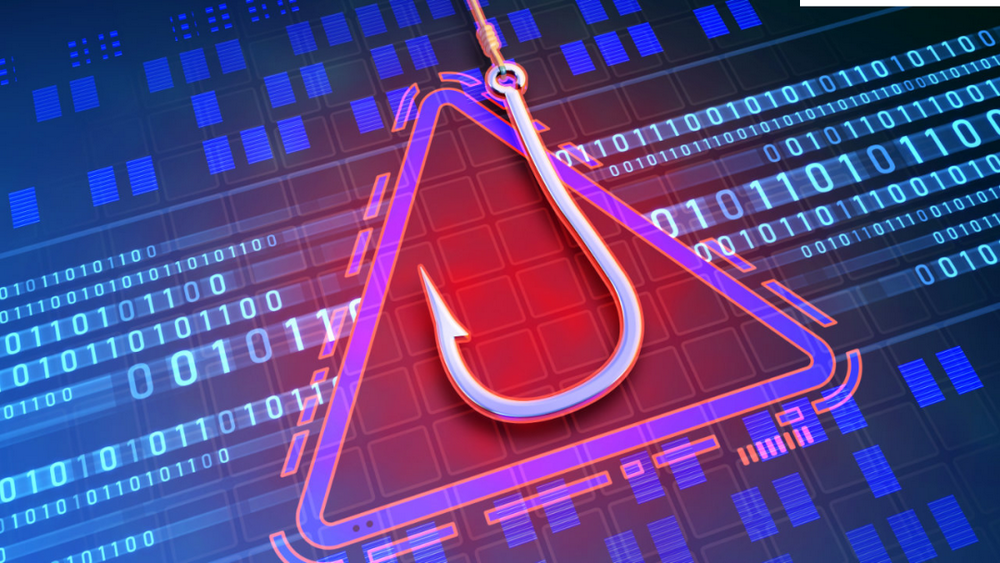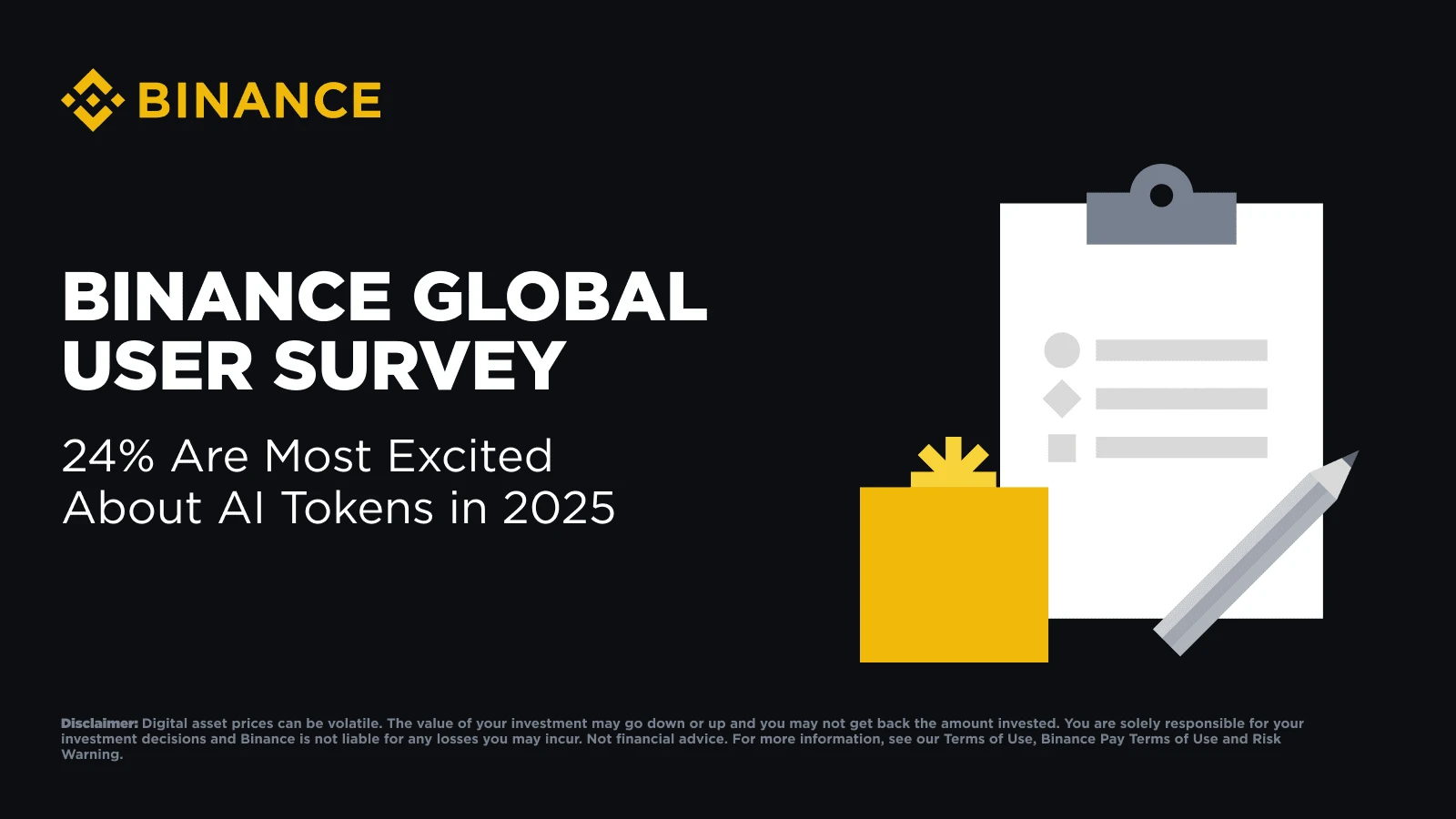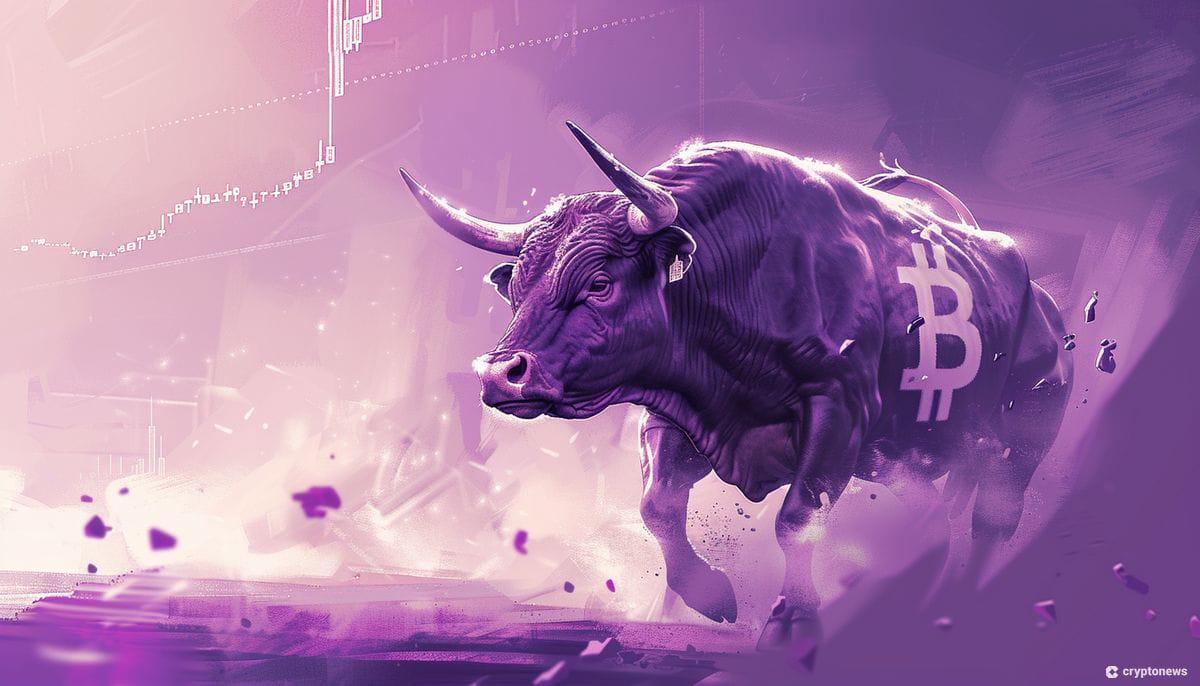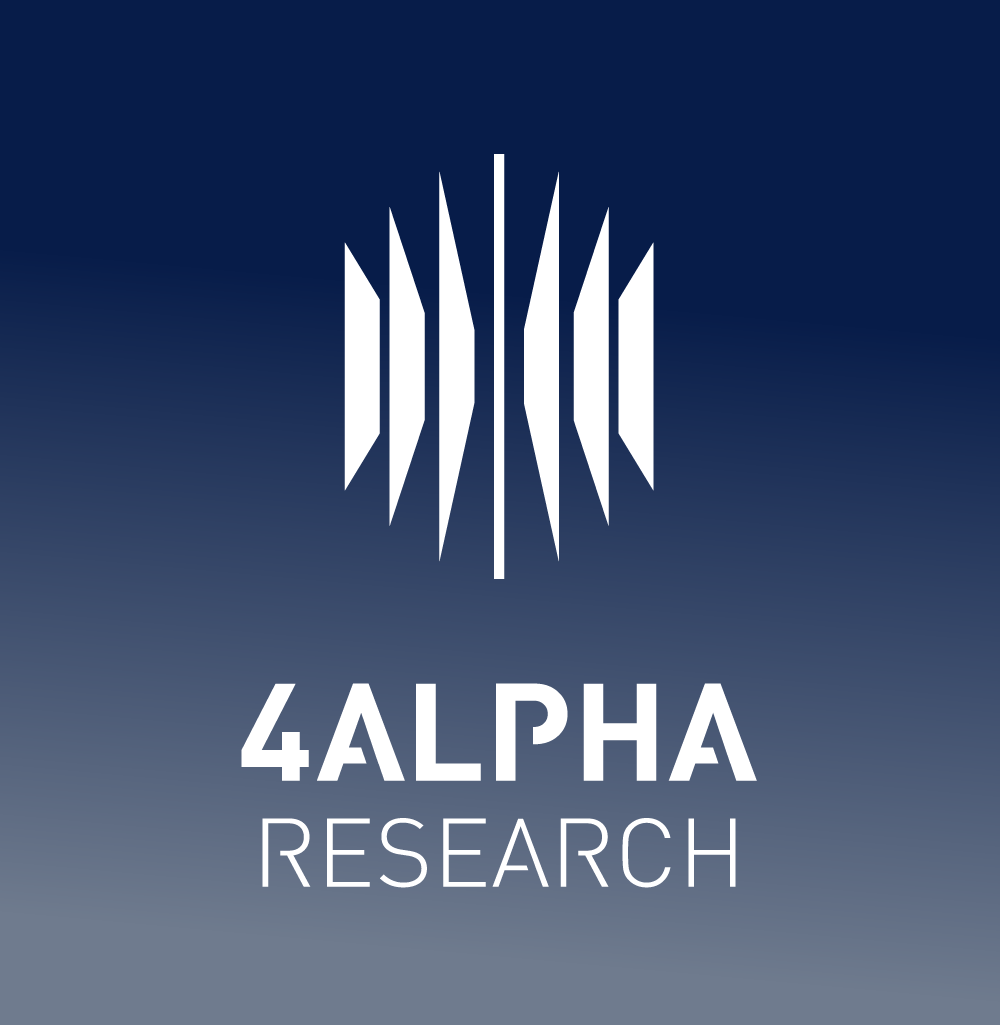-
 PA一线 · 7 小时前
黑山司法部长签署引渡令,Do Kwon将被引渡至美国
PA一线 · 7 小时前
黑山司法部长签署引渡令,Do Kwon将被引渡至美国据黑山司法部声明,司法部长Bojan Božović已签署决定,将Terraform Labs创始人Do Kwon引渡至美国。同时拒绝了韩国的引渡申请。
-
 PA一线 · 8 小时前
OpenAI计划调整结构,打造更强大的非盈利机构
PA一线 · 8 小时前
OpenAI计划调整结构,打造更强大的非盈利机构OpenAI宣布其董事会正在评估公司结构,将现有的营利部门转型为特拉华公共利益公司(PBC),以平衡股东、利益相关者和公共利益需求,同时为非盈利部门提供更强资源支持。
-
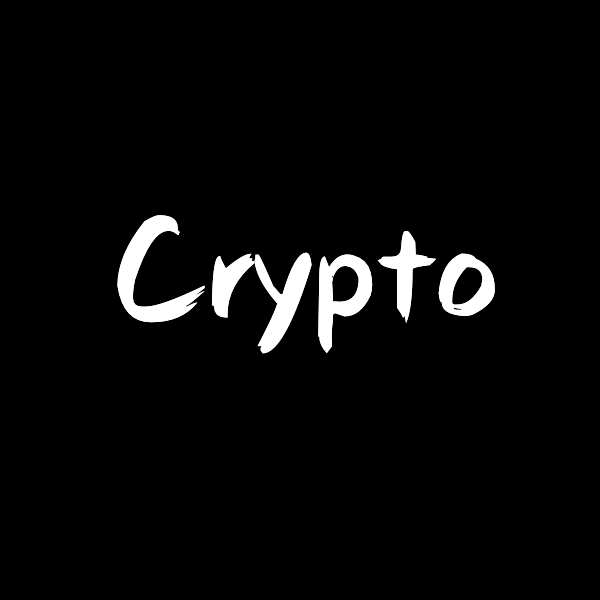 链上达人 · 8 小时前
AI平台Kaito走红,哪些热门项目将与之合作?
链上达人 · 8 小时前
AI平台Kaito走红,哪些热门项目将与之合作?未来会有越来越多的大项目拥抱Kaito,根据各自的榜单筛选贡献者并进行空投。
-
 PA一线 · 9 小时前
柬埔寨央行批准合规稳定币服务,但仍禁用比特币
PA一线 · 9 小时前
柬埔寨央行批准合规稳定币服务,但仍禁用比特币柬埔寨国家银行(NBC)宣布允许商业银行和支付机构提供与稳定币和资产支持型加密货币相关的服务,但比特币等无支持资产仍被禁止。新规要求机构获得批准后才能开展加密资产兑换、转账及托管服务,同时禁止使用客户资产。
 白话区块链 · 9 小时前
美国“比特币战略储备”最快何时能落地?这几个时间点值得重点关注
白话区块链 · 9 小时前
美国“比特币战略储备”最快何时能落地?这几个时间点值得重点关注自11月初特朗普胜选“定局”以来,加密市场特别是比特币进入了强烈的“美国比特币战略储备”预期。
-
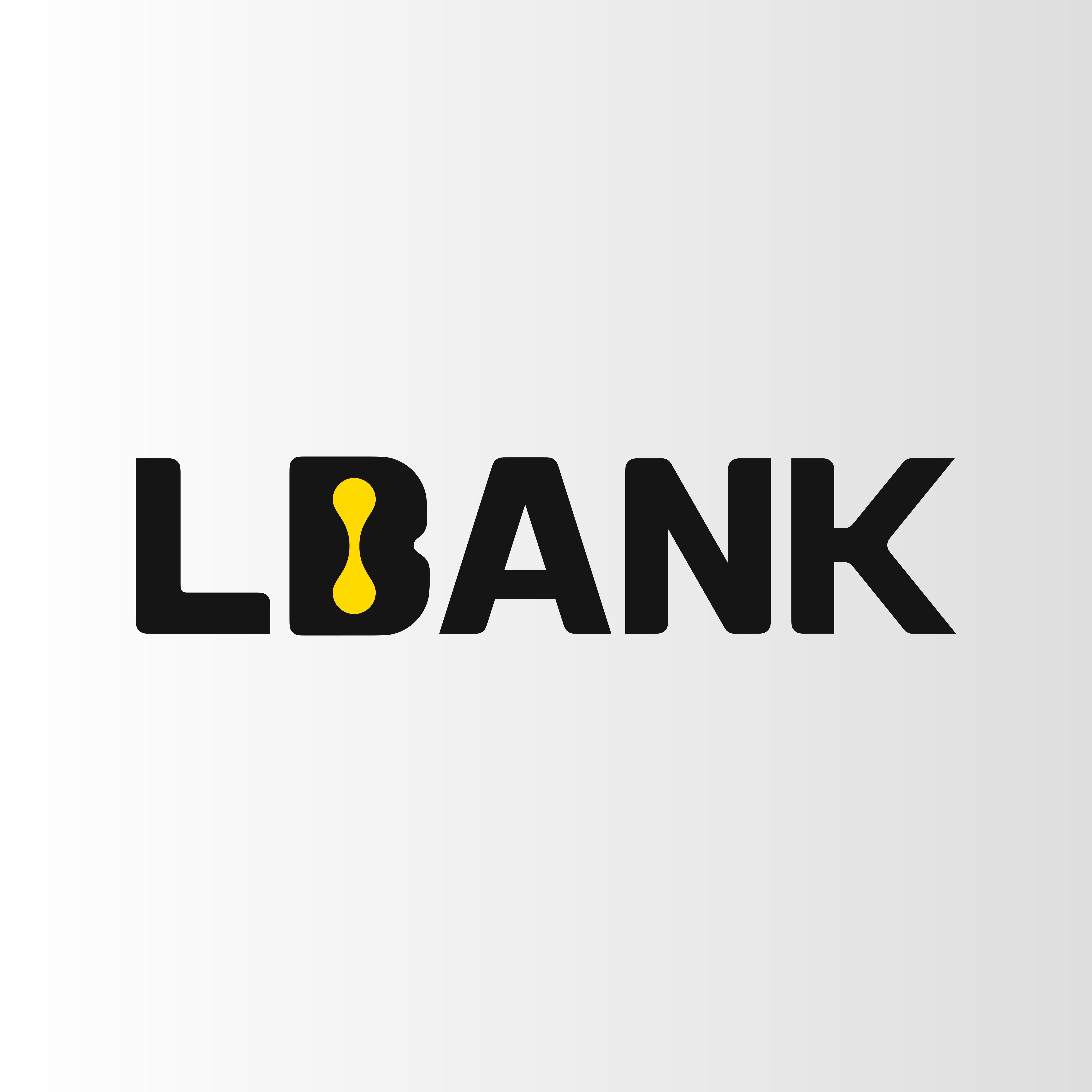 LBank · 10 小时前
LBank Pulse Focus专访:“新迷因教父”Murad揭秘2025年Memecoin超级周期的未来
LBank · 10 小时前
LBank Pulse Focus专访:“新迷因教父”Murad揭秘2025年Memecoin超级周期的未来Murad Mahmudov,作为这一趋势的见证者与分析者,提出了“Meme币超级周期”的概念。在他看来,Meme币不仅仅是一个纯粹的投机工具,而是加密世界中最强有力的用户普及引擎。他深入分析了Meme币成功的关键因素,并详细阐述了如何通过社交媒体和社区力量推动这些项目的成长。
-
 PA一线 · 11 小时前
Bitget将销毁价值超50亿美金的BGB,占总供应量40%
PA一线 · 11 小时前
Bitget将销毁价值超50亿美金的BGB,占总供应量40%Bitget团队发布新版BGB白皮书,宣布引入回购销毁机制。首次将销毁核心团队持有的8亿枚BGB,BGB总供应量将减少为12亿,且100%全流通。随后,Bitget每季度利润的20%对BGB进行回购销毁。
-
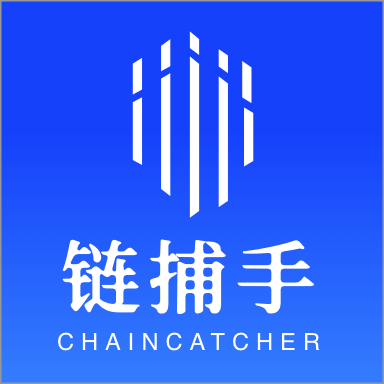 链捕手 ChainCatcher · 11 小时前
2024年加密现货ETF成绩单:1 年,400亿美元
链捕手 ChainCatcher · 11 小时前
2024年加密现货ETF成绩单:1 年,400亿美元2024 年是加密资产真正转向主流资产的一年,本文将回顾今年加密现货 ETF 的关键里程碑,详细分析这一年来加密 ETF 的市场表现,并展望 2025 年加密 ETF 发展前景。
-
 PA日报 · 12 小时前
PA日报 | Xterio将于2025年1月8日进行TGE;Matrixport称2025年比特币牛市可能面临多种潜在风险因素
PA日报 · 12 小时前
PA日报 | Xterio将于2025年1月8日进行TGE;Matrixport称2025年比特币牛市可能面临多种潜在风险因素Binance Alpha新增arc、WHY、APU、HAPPY和FWOG;1.69万亿枚BONK已完成销毁;BNSOL超级质押将上线第三期项目MANTRA(OM)。
-
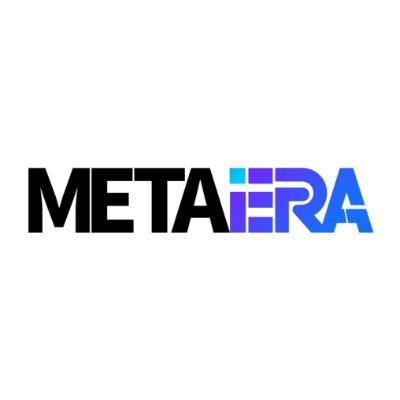 Meta Era · 12 小时前
从星星之火到燎原之势,2024香港Web 3.0大事记
Meta Era · 12 小时前
从星星之火到燎原之势,2024香港Web 3.0大事记香港自 2022 年点燃 Web 3.0 星星之火,如今越烧越旺,已渐有燎原之势。纵观 2024 年 Web 3.0 在香港的发展,在搭建更稳定、更便利市场环境的同时,也在发挥其一直以来作为金融中心的优势。
- 加密流通市值(7d)$3,460,306,774,748Market Cap恐惧贪婪指数(近30天)
 PA一线 · 12 小时前
国家外汇管理局发布针对虚拟货币非法跨境金融活动等高风险交易的报告管理办法
PA一线 · 12 小时前
国家外汇管理局发布针对虚拟货币非法跨境金融活动等高风险交易的报告管理办法《银行外汇风险交易报告管理办法(试行)》已发布并自即日起施行。《办法》是《银行外汇展业管理办法(试行)》的配套文件,旨在强化银行外汇风险管理,对涉嫌虚假贸易、地下钱庄、虚拟货币非法跨境金融活动等高风险交易进行早识别、早预警和早处置。
-
 PA图说 · 12 小时前
年终盘点系列丨波澜曲折,一图回顾光辉2024 🪶👇
PA图说 · 12 小时前
年终盘点系列丨波澜曲折,一图回顾光辉2024 🪶👇这一年加密行业在质疑与波折中成长
-
 PA一线 · 12 小时前
币安:BNSOL超级质押将上线第三期项目MANTRA(OM)
PA一线 · 12 小时前
币安:BNSOL超级质押将上线第三期项目MANTRA(OM)据币安公告,BNSOL超级质押将于2025年1月1日8:00至2月1日7:59(北京时间)上线第三期项目MANTRA(OM)。OM APR Boost空投奖励于2025年01月02日起每日13:30(东八区时间) 左右可领取。
-
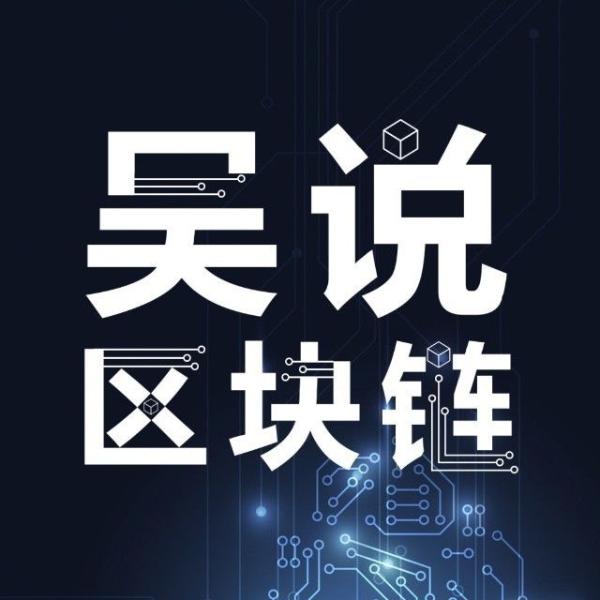 吴说区块链 · 12 小时前
Arthur Hayes最新播客全文:谈特朗普新政、比特币储备、投资策略与韩国市场
吴说区块链 · 12 小时前
Arthur Hayes最新播客全文:谈特朗普新政、比特币储备、投资策略与韩国市场尽管对美国政府直接采用 Bitcoin 储备持怀疑态度,Hayes 认为向数字资产的转型是不可避免的。
-
 PA荐读 · 12 小时前
盘点2024香港Web3十大热词
PA荐读 · 12 小时前
盘点2024香港Web3十大热词本文将回顾2024年香港Web3领域的十大热词,以此窥得一年中行业兴起与发展。
-
 Nancy · 13 小时前
CZ公开力荐的AI数据赛道,OORT是如何通过DeAI开启商业化叙事?
Nancy · 13 小时前
CZ公开力荐的AI数据赛道,OORT是如何通过DeAI开启商业化叙事?获微软和谷歌等巨头资助的OORT是去中心化AI领域的拓疆者,为AI纪元打造去中心化信任的基础设施,在实现商业化应用的同时,通过创新DeAI(去中心化人工智能)解决方案推动AI开发流程的民主化与普及化。
-
 Yuliya · 13 小时前
2024十大领涨项目:最高涨幅超230倍,7个Meme币入榜
Yuliya · 13 小时前
2024十大领涨项目:最高涨幅超230倍,7个Meme币入榜今年涨幅前十的加密货币中有7个是Meme币。
-
 慢雾科技 · 13 小时前
损失超100万美元,假Zoom会议钓鱼分析
慢雾科技 · 13 小时前
损失超100万美元,假Zoom会议钓鱼分析本文将对假Zoom会议钓鱼事件和攻击手法展开分析,并追踪黑客的资金流向。
-
 深潮TechFlow · 14 小时前
Binance全球用户调查:45%的受访者在2024年入场,24%看好AI代币发展
深潮TechFlow · 14 小时前
Binance全球用户调查:45%的受访者在2024年入场,24%看好AI代币发展新用户谨慎而活跃的态度,与资深用户的长期信心相结合,展现了加密市场日益成熟与强大的韧性。
-
 Felix · 15 小时前
从20秒视频捕捉PumpFun团队钱包地址,都交易了哪些代币?
Felix · 15 小时前
从20秒视频捕捉PumpFun团队钱包地址,都交易了哪些代币?PumpFun 团队正积极交易低市值代币。
更多内容 Dec . 28
Dec.28
